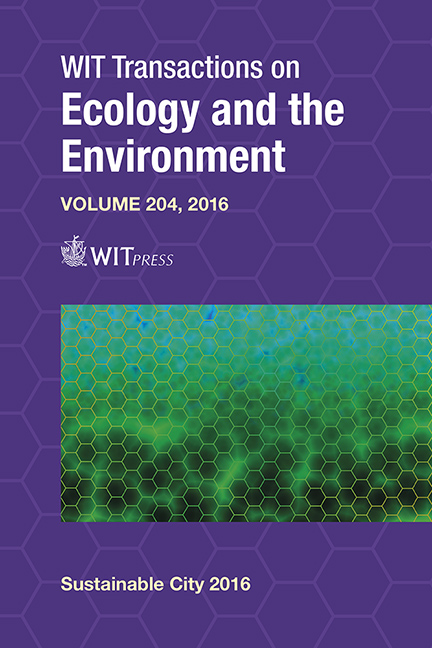Floating Architecture In The Developing World
Price
Free (open access)
Transaction
Volume
204
Pages
7
Page Range
663 - 669
Published
2016
Size
3,666 kb
Paper DOI
10.2495/SC160551
Copyright
WIT Press
Author(s)
C. Cerro
Abstract
The worldwide sea level has been rising at a rate of 0.14 inches per year. Increases of this magnitude will have devastating effects in coastal habitats. As the land mass decreases, the already enormous population of the planet will be forced to cohabitate in smaller areas. To deal with these problems, architects and designers need to start understanding the need for typological developments in floating and amphibious architecture.
The precedent for this type of architectural development exists all over the world in water based communities in Peru, Cambodia, Vietnam, Myanmar and many other places, where, existing typologies of architecture have been evolving for centuries to adapt to life over water. It is within these typologies, that we can find solutions that when hybridized with; sustainable materials, smart energy systems and advanced food production techniques will develop a better quality of life for the different communities and their environments. Solving in this way, some of the problems faced by a large population on a planet with a decreasing land mass.
The development of a new water based system of architectural typologies has the potential to help humanity transition and adapt to changes produced by global warming. As the sea level rises and the land mass diminishes, communities will need to develop sustainable ways to produce energy and food, filter water and manage waste. And all these will have to be done in a local and economical way. The developing world will be the most affected by an increase in the water level, but it is also much more adaptive than the first world and change can happen quickly.
Keywords
sustainability, green roofs, floating architecture, self-sufficiency, standard of living, health, containers, hydroponic farming, passive income





